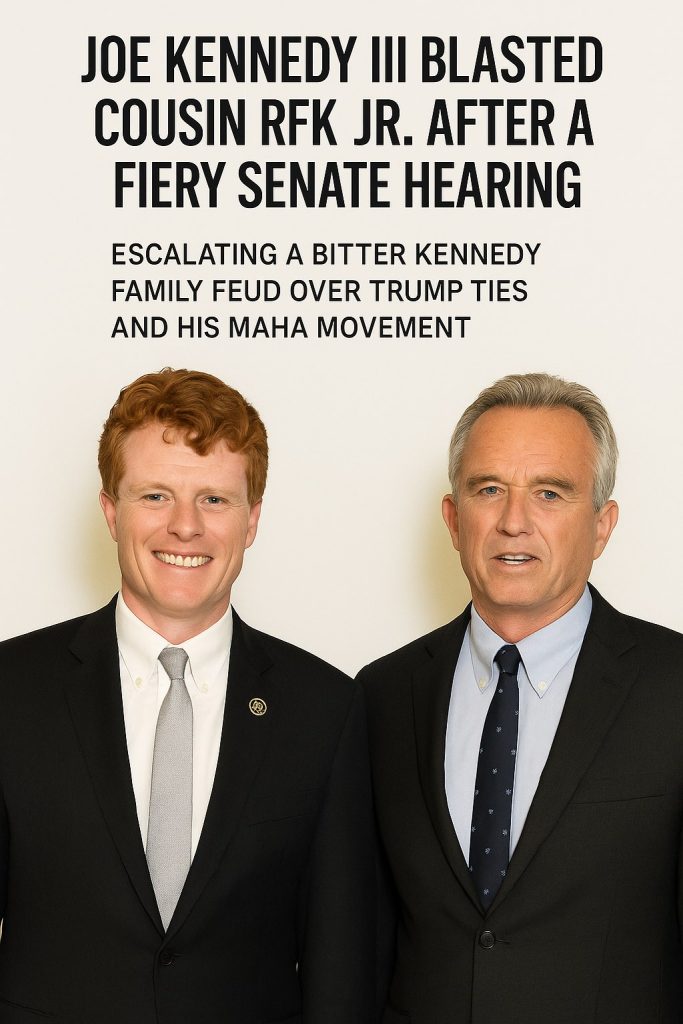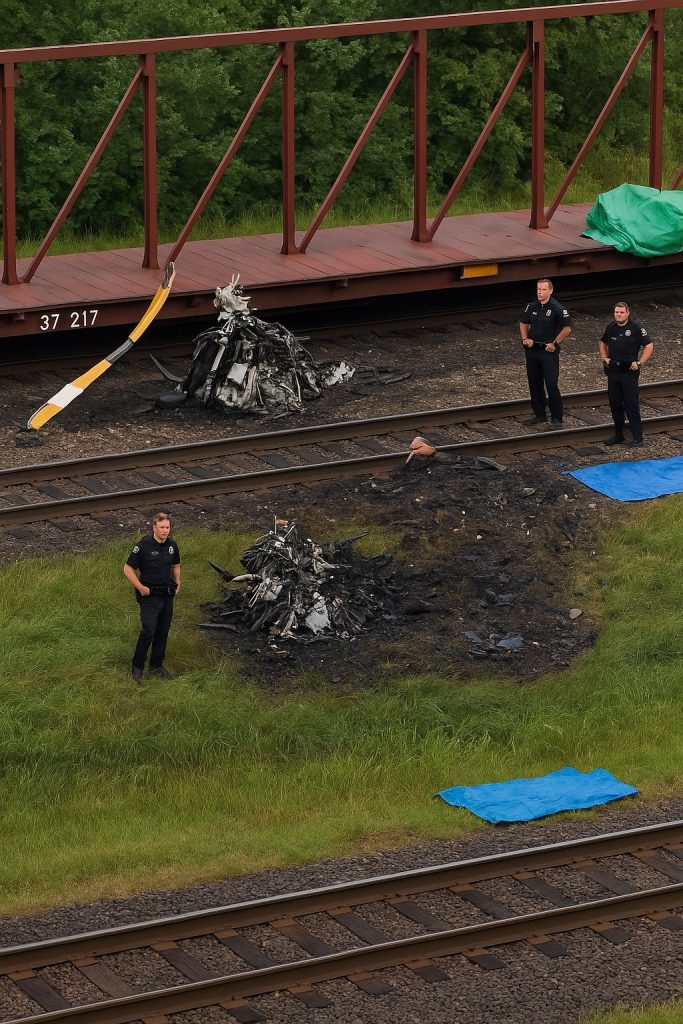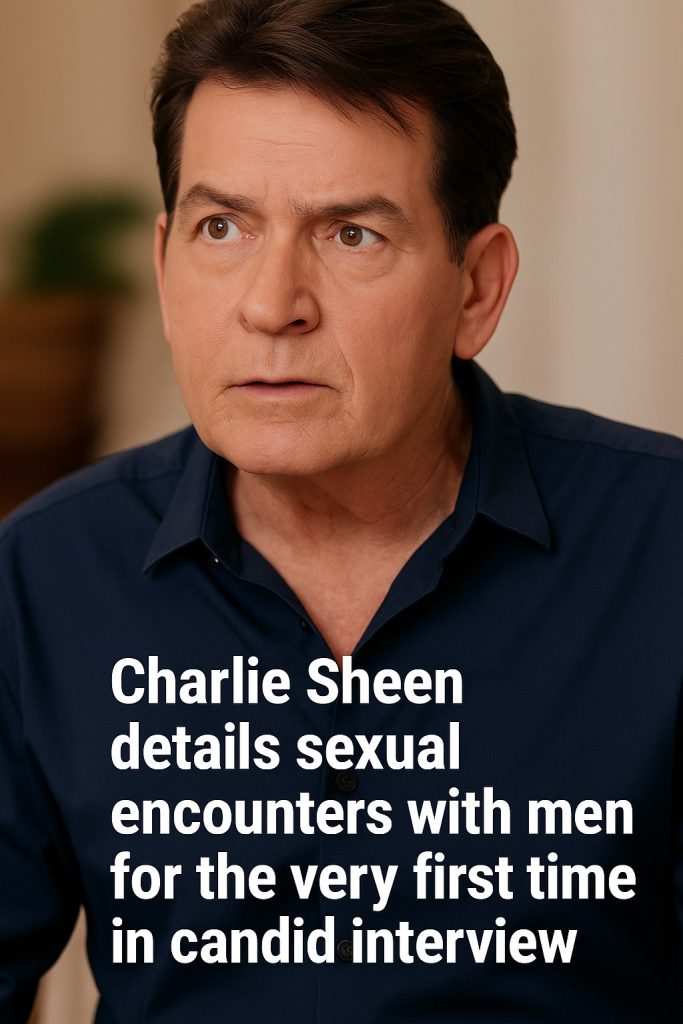The Kennedy family feud has taken a dramatic and public turn after Joe Kennedy III sharply criticized his cousin Robert F. Kennedy Jr. following a fiery Senate hearing that spotlighted RFK Jr.’s controversial political stance and ties to former President Donald Trump. The confrontation underscores deepening divisions within one of America’s most storied political dynasties, centering on the emergence of RFK Jr.’s so-called MAHA movement and its alignment with Trumpism.
At the heart of the dispute is the Senate hearing where RFK Jr., known for his environmental activism and vaccine skepticism, faced intense scrutiny over his affiliations and rhetoric. His vocal support of Trump-aligned causes and his leadership of the MAHA (Make America Healthy Again) coalition—a movement promoting an unconventional and widely criticized public health platform—have drawn sharp rebuke from multiple quarters, especially from within his own family.
Following the hearing, Joe Kennedy III, a former U.S. representative and a figure often associated with mainstream Democratic politics, did not hold back in expressing his disapproval. In a pointed public statement, Kennedy III condemned RFK Jr.’s “dangerous flirtation with divisive, Trump-driven politics” and warned that his cousin’s actions risk damaging the Kennedy family legacy built on progressive advocacy and unity.
“Our family’s history is rooted in service, truth, and bringing people together—not spreading misinformation or lending credibility to extremist politics,” Joe Kennedy III affirmed. He explicitly distanced himself from RFK Jr.’s MAHA movement, labeling it as “a stark departure” from the principles that have historically defined the Kennedy name.
The clash highlights a growing schism within the Kennedy family, which has traditionally been seen as a political dynasty synonymous with Democratic ideals. RFK Jr.’s public endorsements of Trump policies and his unconventional health narratives have positioned him at odds not just with Joe Kennedy III but with other family members concerned about the political and social implications.
RFK Jr., meanwhile, maintains that his criticism of government health policies and his alignment with populist causes represent a continuation of the Kennedy tradition of challenging establishment norms. He has framed the MAHA movement as a fight for “truth and freedom” in public health, appealing to a base disillusioned with both major parties.
Political analysts note that this intra-family conflict is emblematic of broader fractures within American politics, where even emblematic families are unable to unify behind single narratives amid polarizing times. The Kennedys’ public discord illustrates how generational and ideological divides can manifest, reflecting the complexity of navigating legacy, personal conviction, and the evolving political landscape.
With RFK Jr. currently under the spotlight for his Senate testimony and Joe Kennedy III’s vocal backlash, the Kennedy family feud shows little sign of resolution. Observers anticipate that as RFK Jr. continues to promote the MAHA movement and align with Trump-affiliated causes, tensions will deepen, keeping one of America’s most famous families at the epicenter of political controversy.
This episode serves not only as a family drama unfolding on a national stage but also as a microcosm of the challenges faced by political dynasties adapting to a divided electorate and the rise of unconventional political movements.



